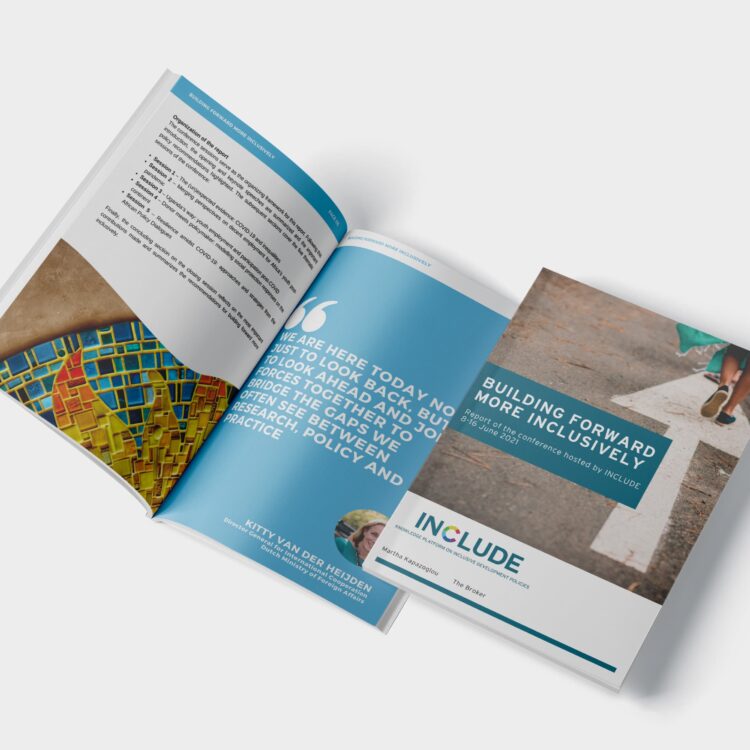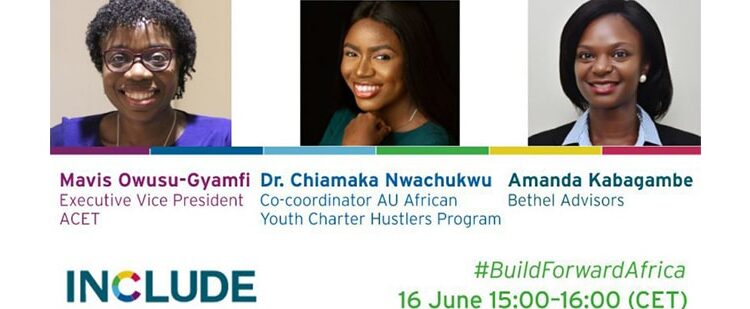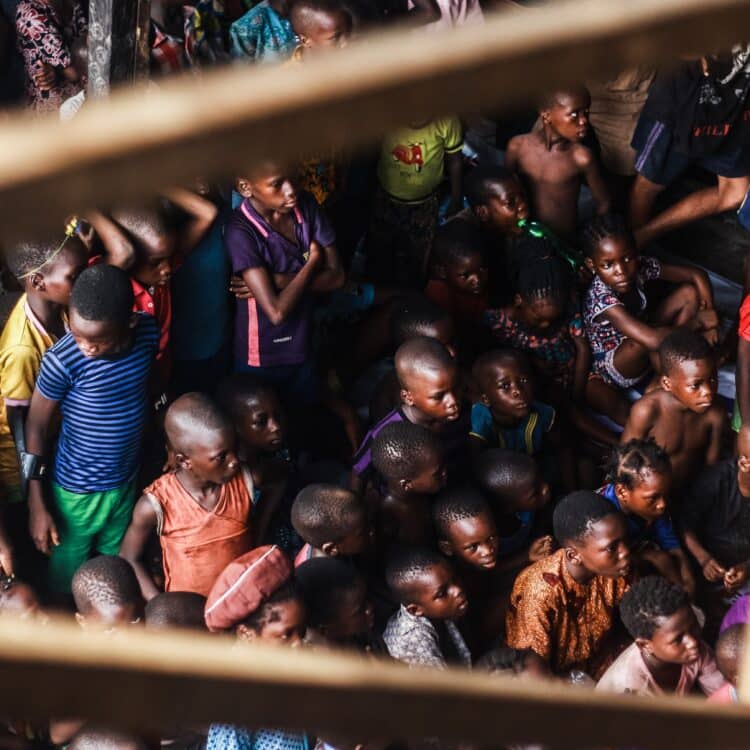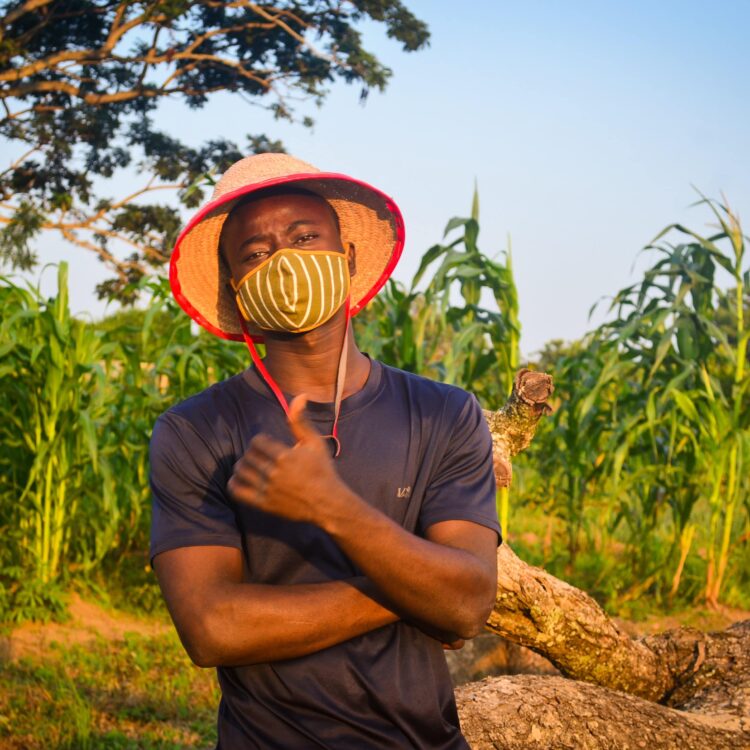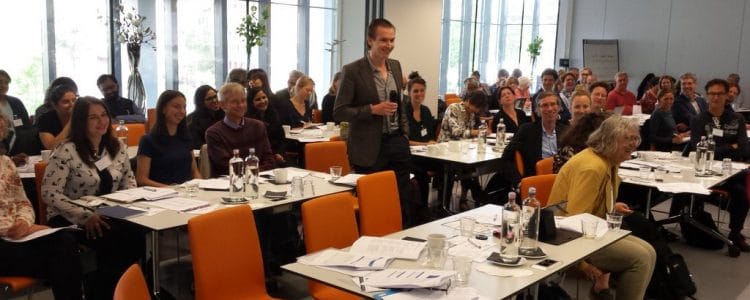
On 17 May, the second meeting for the research programme ‘New roles of CSOs for inclusive development’ (the ‘Assumptions Programme’) took place in Leiden. The conference facilitated a dialogue between the different groups – academics, practitioners and policymakers – and gathered input to support the research groups move forward to the empirical phase of their projects. You can find the report here.
The Assumptions Programme is a cooperation between the Dutch Ministry of Foreign Affairs, NWO-WOTRO and INCLUDE to investigate the assumptions underlying the civil society policy framework ‘Dialogue and Dissent’. Under the programme, six groups are conducting research (a literature review and field work) on three core themes: CSOs and civic engagement; CSOs and the aid chain; and CSOs in an enabling environment. The studies are taking place in India, Ethiopia, Kenya and Ukraine. All the research groups can be found here.

In the knowledge sharing conference, the research teams presented their literature reviews to an audience of researchers, representatives of multiple CSOs and policymakers from the Dutch Ministry of Foreign Affairs. The findings from the literature review will inform the empirical component of the research. The literature reviews of every group has been summarized into a two-pager, which can be found here:
- Summary literature review – Enabling rules for advocacy in Kenya
- Summary literature review – CSOs in sustainable development in Ethiopia
- Summary literature review – CBOs within the official development aid system in Kenya
- Summary literature review – Civil society advocacy collaboration in India
- Summary literature review – Civil society against corruption in Ukraine
- Summary literature review – Civil society engagement with land rights advocacy in Kenya
A draft synthesis was presented of the six literature reviews submitted by the research groups, which highlights the most important findings as well as the policy questions raised. The synthesis document was meant as a discussion piece to gather feedback from researchers and input from policymakers and practitioners. This feedback will be taken on board to further sharpen the final version. In a few weeks, the final synthesis report will be made available on the INCLUDE website.
This knowledge sharing conference will be followed by two more conferences; the first is scheduled for January 2019, at which the research teams will present their mid-term results based on insights from their fieldwork. Keep an eye on the website to stay up-to-date on the latest developments.
